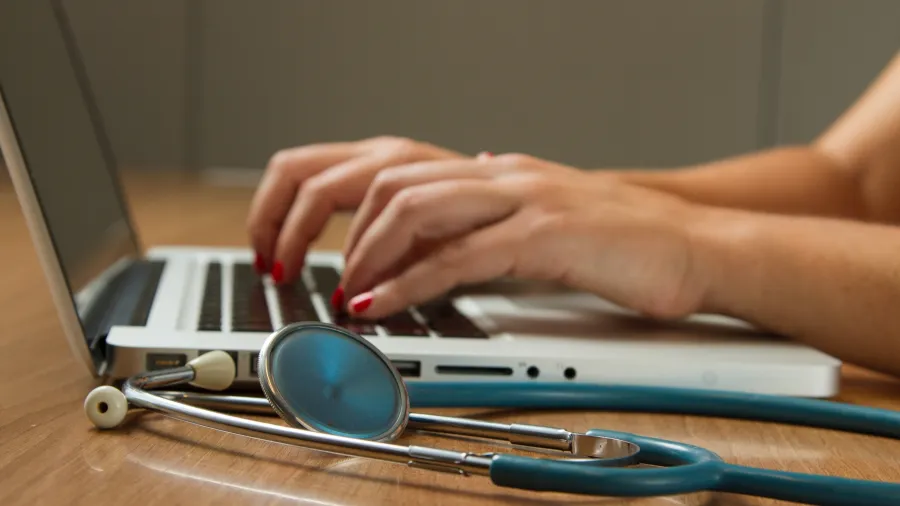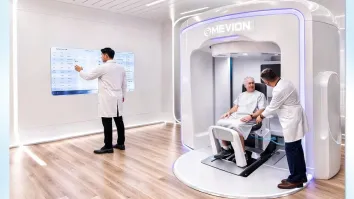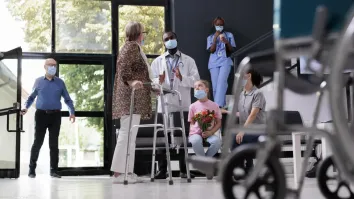
More than 80% of private-sector healthcare organisations hit by ransomware lost revenue
Of the percentage, about half said they lost a lot of earnings.
About 85% of private-sector healthcare organisations that faced ransomware attacks said they lost business/revenue, of which 42% said they lost a lot of money, according to a Sophos study.
The study also indicated that healthcare firms use backups to restore their data recovery from the attack more rapidly than those who pay the ransom to the attackers.
One-fourth of the respondents (27% with rounding) that used backups took more than a month to recover data, whilst 40% (with rounding) that paid the ransom took more than a month to recover.
Twelve healthcare organizations shared the exact ransom amounts paid, with the median at US$2.5m, up from US$30,000 in 2022.
Nine healthcare organizations reported paying ransoms of US$1m or more, and only one paid less than US$100,000. Whilst the low base number means this year’s data is not statistically significant, and so should be used with caution, the findings do indicate that ransom payments in healthcare are increasing, according to the study.
“Whilst these two response options were not mutually exclusive, and some respondents will have both paid the ransom and used backups, the recovery advantages of backups are clear,” read the study.
The rate of data encryption in the healthcare sector was the highest in the last three years of reports, with almost a third of healthcare businesses reporting that their data was encrypted, up from 61% in the 2022 report and 65% in the 2021 report.
All healthcare organisations that had data encrypted revived the data, above the cross-sector average of 97%.
Sophos interviewed about 3,000 IT/ cybersecurity leaders in organizations with between 100 and 5,000 employees, including 233 in healthcare organizations, across 14 countries in the Americas, EMEA, and Asia Pacific.
They did the poll between January and March 2023, and respondents were asked to respond based on their experiences over the previous year.



















 Advertise
Advertise






